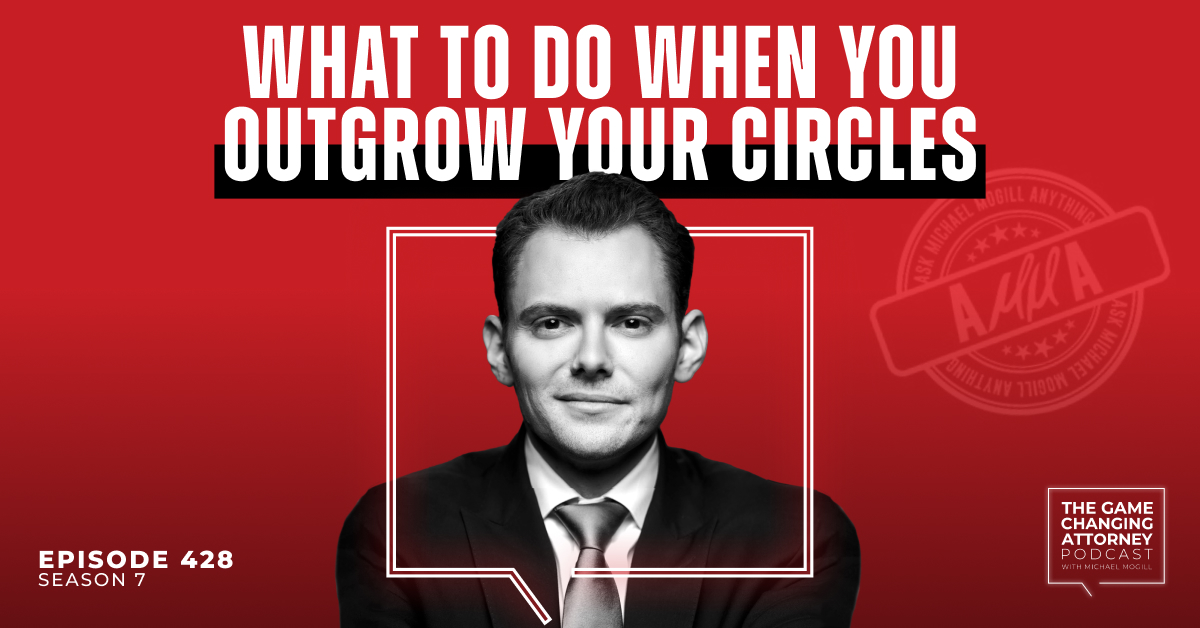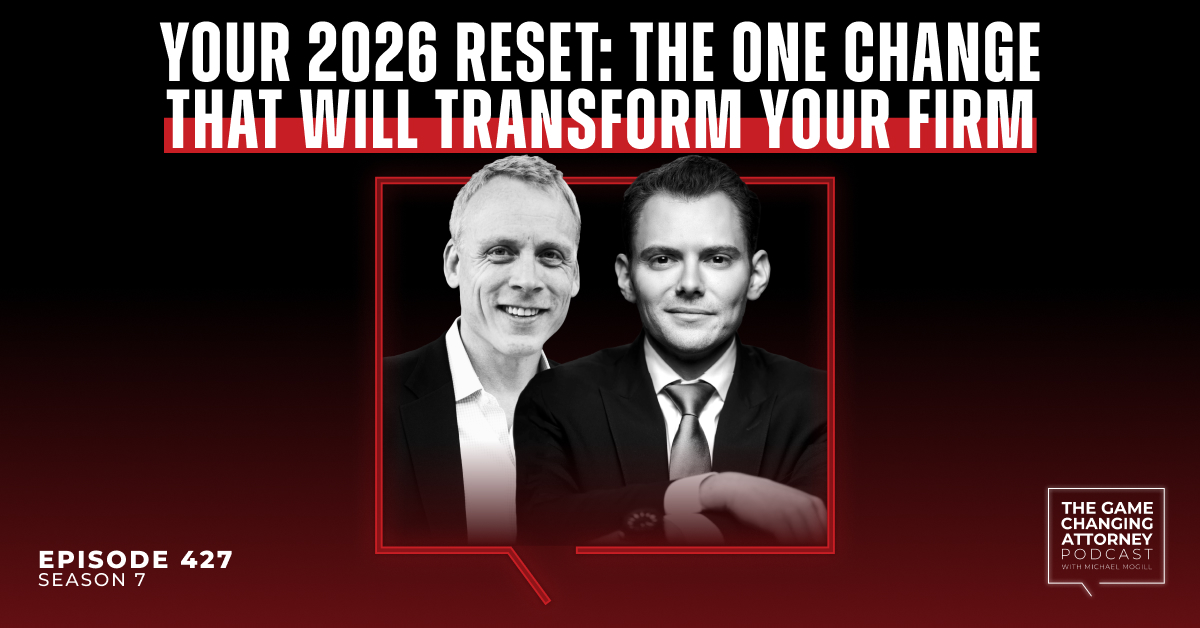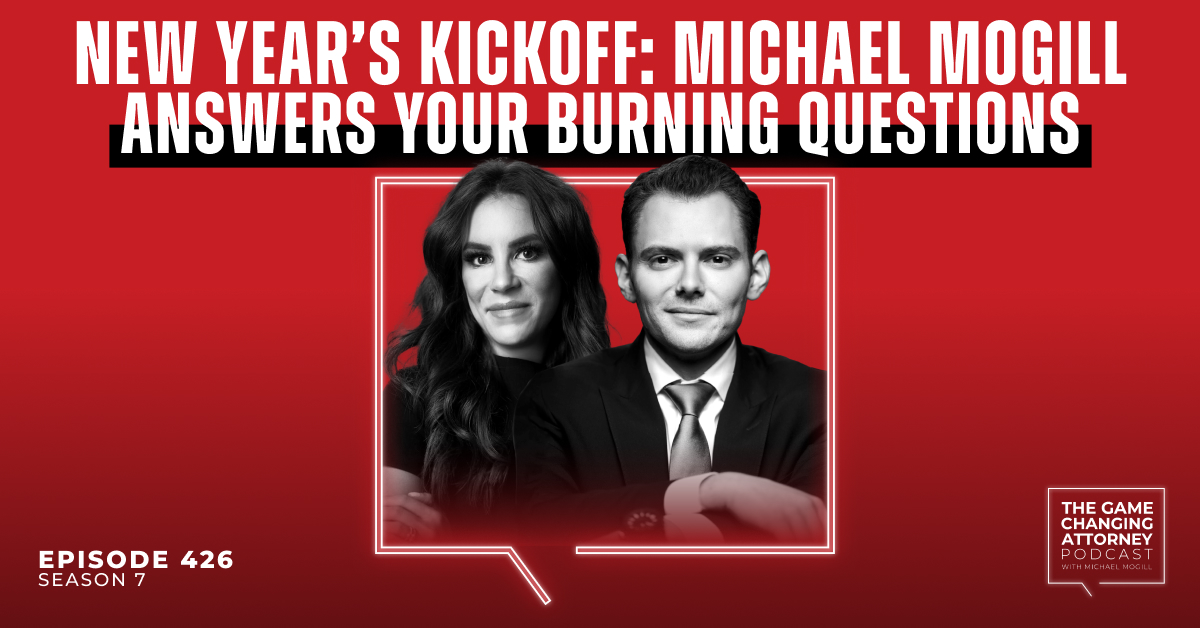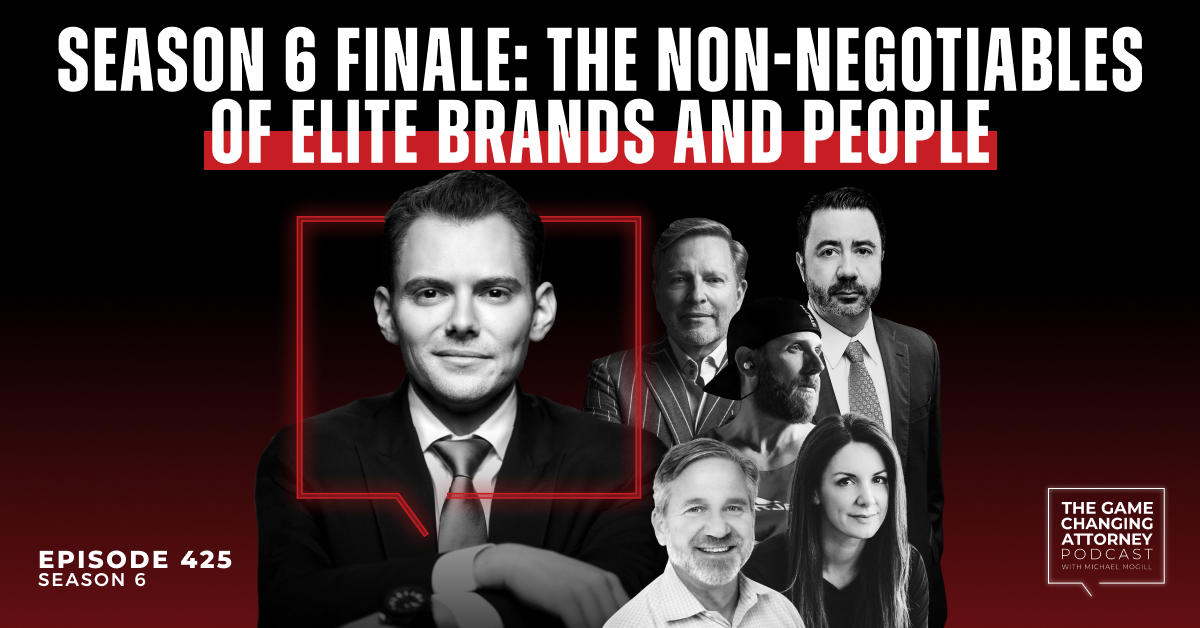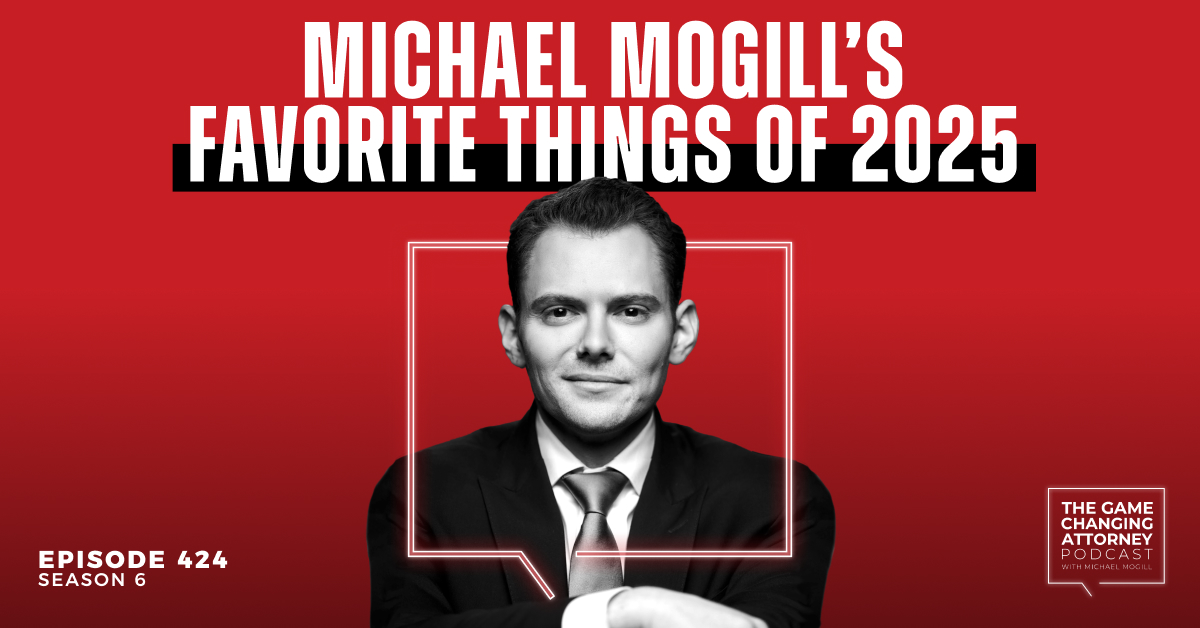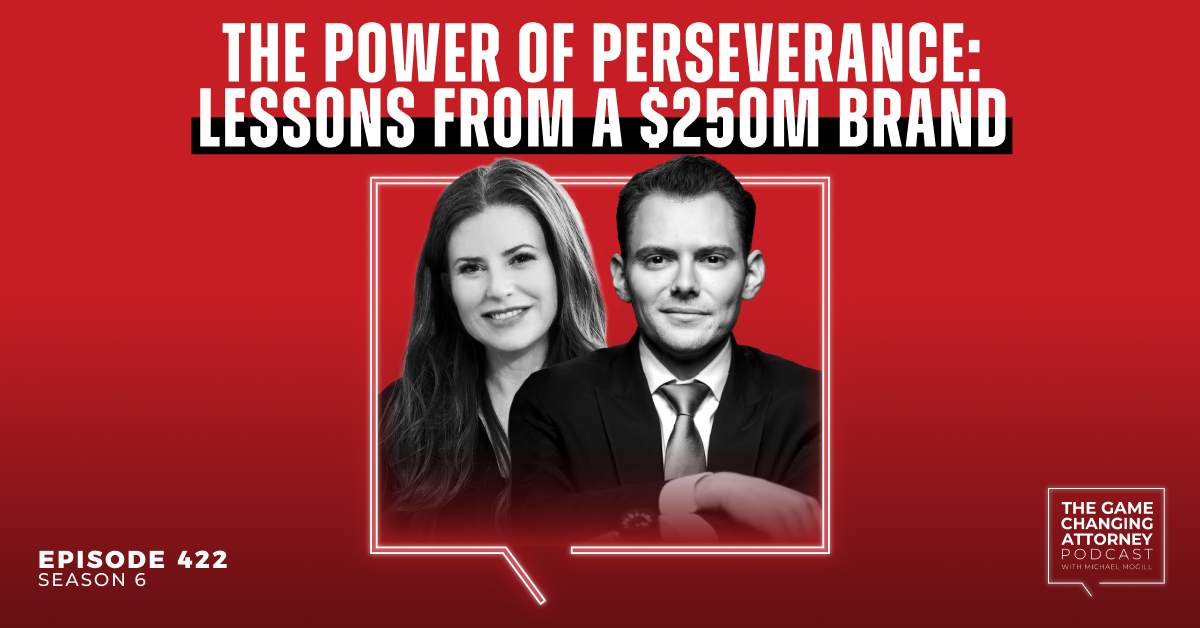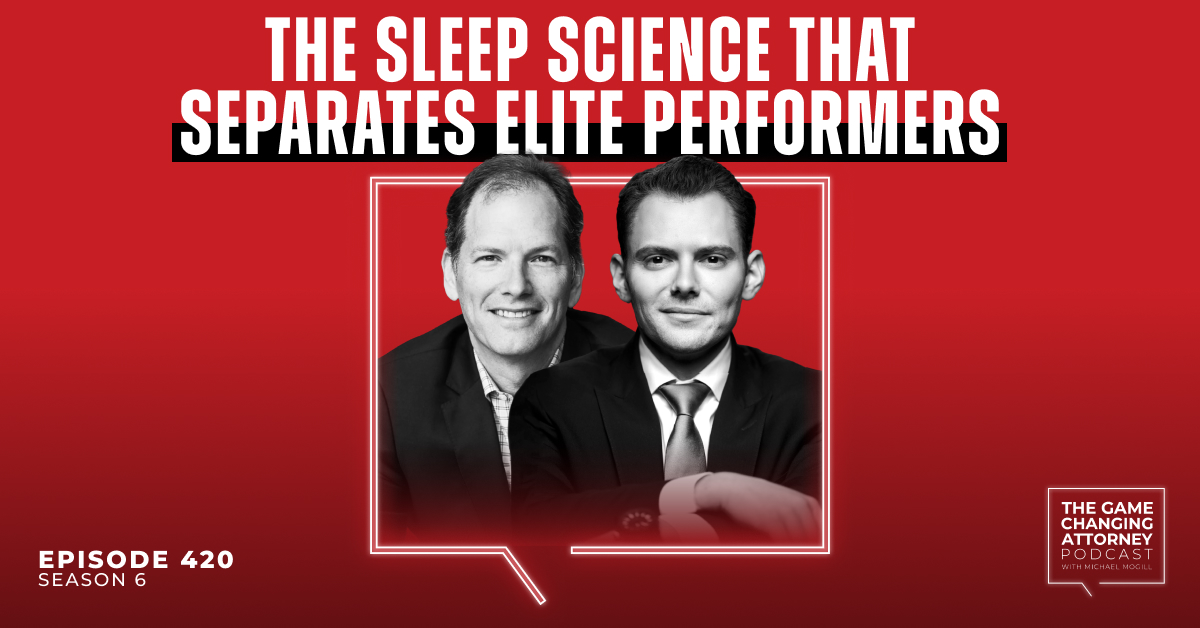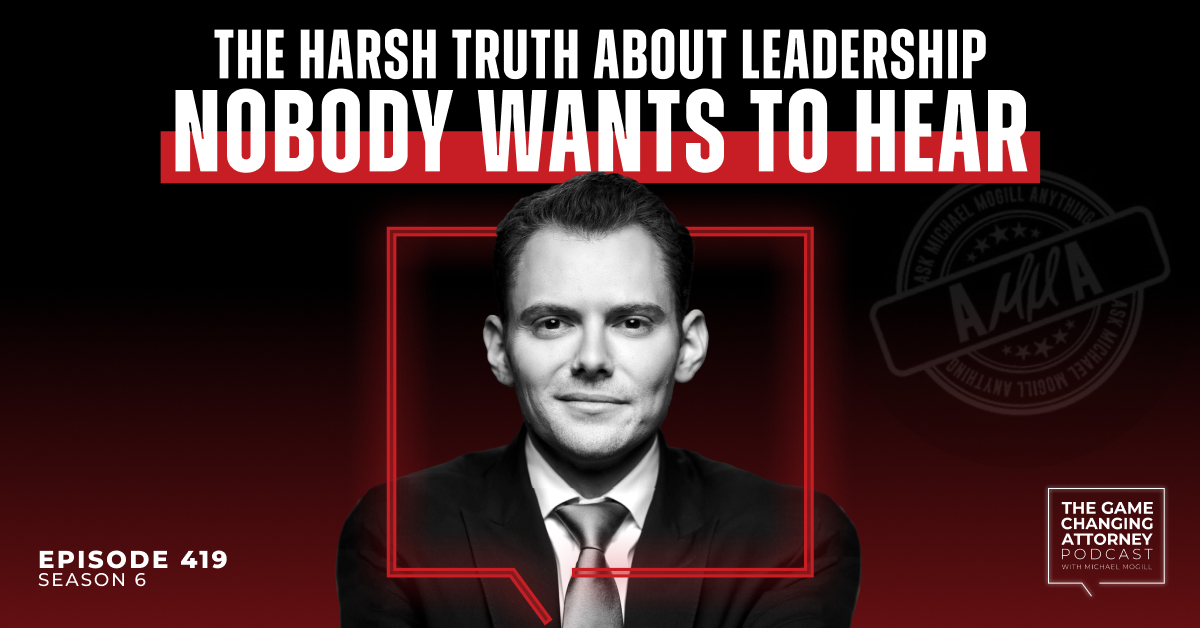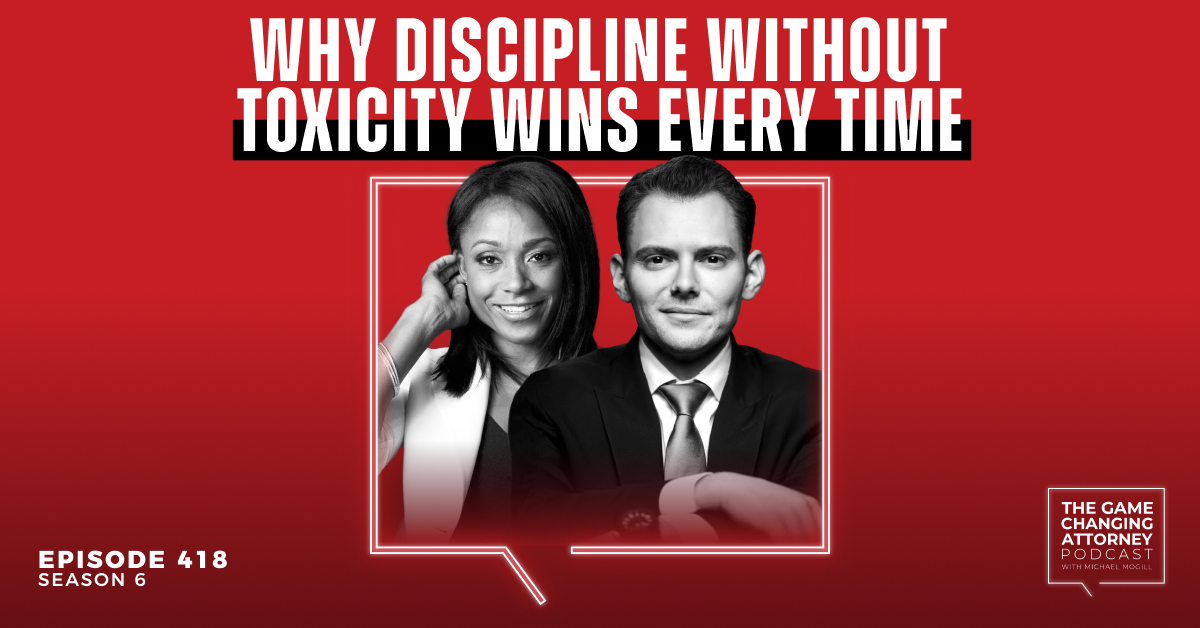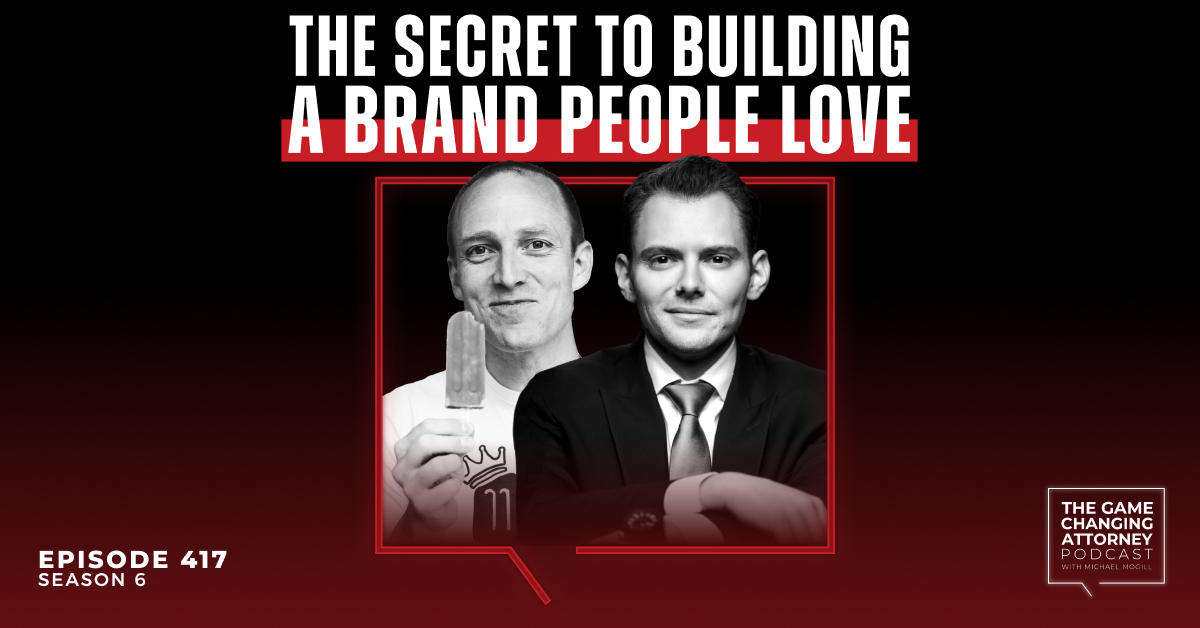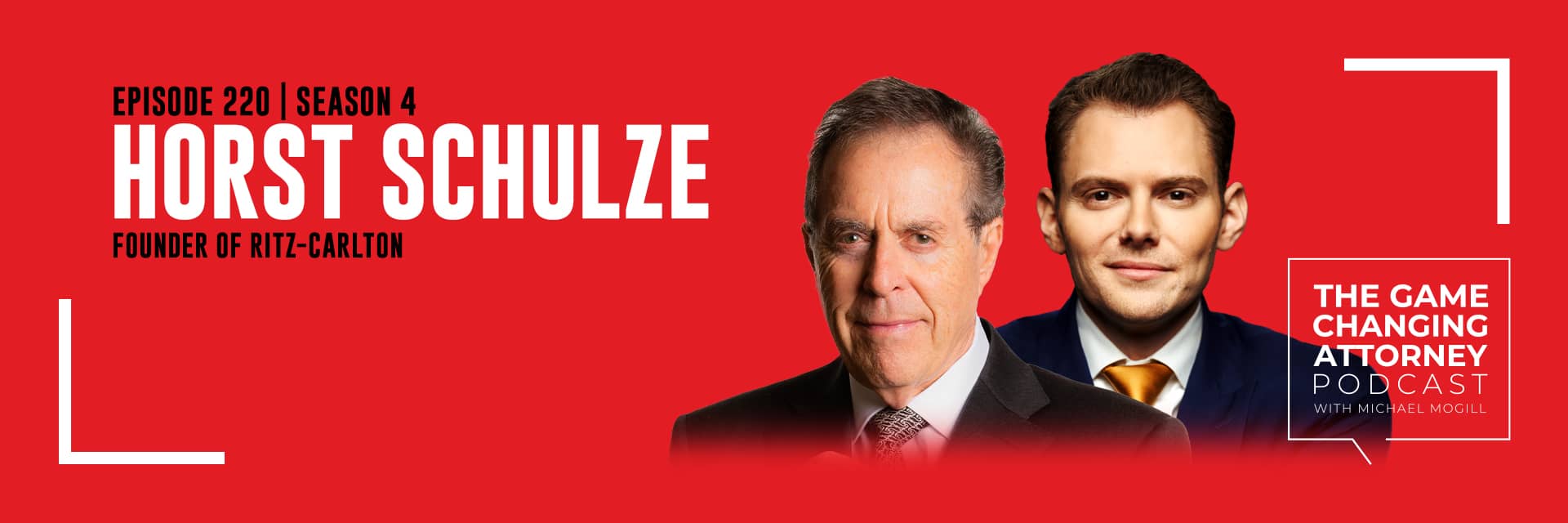
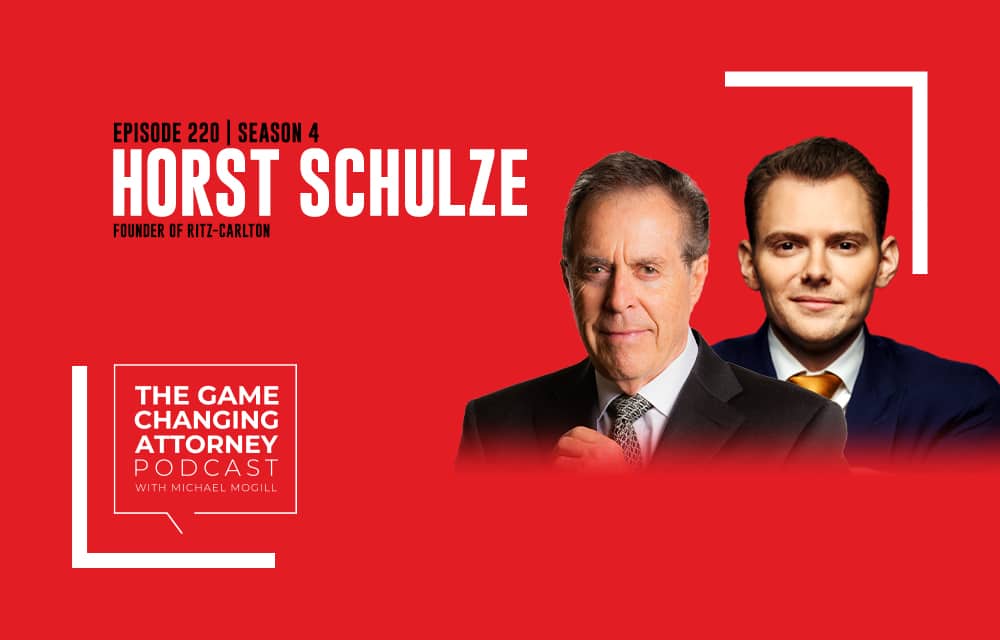
Episode 220 — Horst Schulze — Excellence Wins: Become the Best in a World of Compromise
To be the best — and to hold that position — you must always be looking for ways to excel. Not only does this benefit you, but it inspires those you lead to do the same.
Horst Schulze worked his way up from humble beginnings as a server’s assistant through both the Hilton and Hyatt Hotels before helping to found The Ritz-Carlton Hotel Company in 1983.
In this episode of The Game Changing Attorney Podcast, Horst sits down with Crisp Founder & CEO Michael Mogill to answer questions like:
- Why should every business have a clearly defined vision?
- How can empowering your employees benefit your clients and you?
- What are the four cornerstones of a great company?
- How should you orient new staff to promote your values and vision?
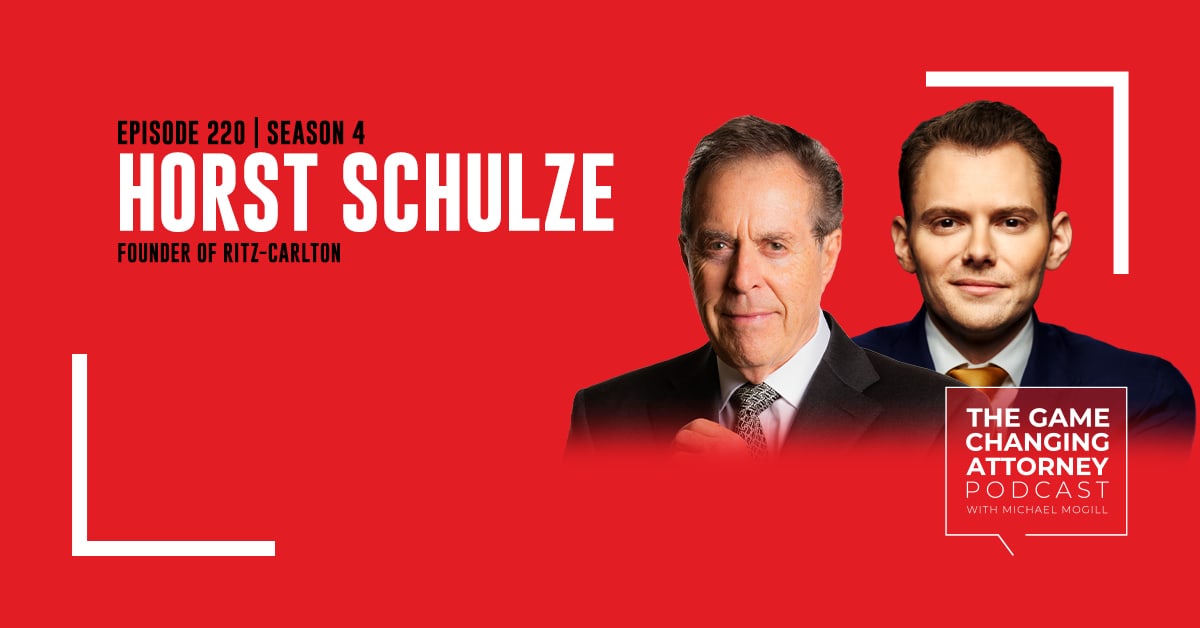
Listen & Subscribe
Show Notes:
A passion for hospitality. “For some reason, when I was 11 years old, I went to my parents and said, ‘I want to work in the hotel business.’ Nobody knows where that came from. I must have read something. I kept on insisting on it, and in fact, there was opposition to it. My parents were embarrassed. That’s not what you did. To say that I wanted to be an engineer, a carpenter, or a roofer would have been respectable, but not working in a hotel. But I wanted it, so my parents found me a job eventually, when I was 14, in a hotel. Unfortunately, it was 100 kilometers away from our home, but it was the best hotel in the region. So I left home when I was 14 to work in that hotel.”
Mediocrity is unacceptable. “I talk to people who proudly say, ‘We are a good average.’ What is the average? Average is the bottom of good and the top of bad. Why would you not make a decision to be truly excellent in your particular business? That was the vision of the company. I left a great job because I could create that vision for this new company, which eventually was called Ritz-Carlton. But I questioned myself at the same time, and that’s a key leadership element in any company. What is your vision for your company, and what is good for all concerned? For the investor? For the employees? For the customer? For society as a whole? That is your responsibility as a leader: to create something that is good for all concerned.”
Transform complainers into ambassadors. “We teach problem resolution. It’s very simple. The first thing we teach is to listen if the guests have a problem. Listen attentively. Don’t look the other way when you see something, but look them in the eye and listen. Show empathy. Next, apologize. You own the complaint if you get it, even if it wasn’t your area. You say, ‘Please forgive me,’ and make amends. Then next, delight them. Delight them by buying breakfast or sending them fruit baskets. Instead of becoming terrorists, they will become an ambassador. The idea is to keep every customer.”
Individualization over standardization. “You better be ready to understand it’s not about us. It’s about them. Understand them. You have to understand them as a market as a whole and as individuals. You must allow the individual to individualize the service or the product to their taste. This becomes more difficult because there is no more standardizing. They want individualization, and as companies, we have to understand that and adjust to that. Listen to them and how they want service to be done.”
Make the call to join the cause. “The first day of work in most companies goes somewhat like that — you come in, you fill all kinds of papers out, and then the boss talks to you and says, “We are a team here.” Pathetic speech. What is a team? A team is a group of people who have a common objective and help each other toward that objective, but we don’t tell them the common objective of the organization. The common objective, in the case of Ritz-Carlton, was our vision. We want to be the best in the world. Now join me in that common objective.”
No compromises, no excuses. “Once you’ve established a vision, it has to have to be very clear. Is this vision good for everybody? It’s good for the investors and good for the customer. It’s good for the employee and it’s good for society as a whole. As the leader, I have to say, ‘Here’s where we want to be in 10 years. Is this really good for everybody?’ And once I have established that, I have to establish what will get me to that point, and then I cannot compromise it. I cannot come up with excuses. I cannot accept excuses. I have to go there, and I can’t compromise. I must be going forward because it is the right thing for all concerned, including myself. That is leadership — to know that future, to clearly identify it, to clearly articulate it, and to now be responsible for keeping focus on it. Everybody else may be focused on something else, but I have to focus on this and not make excuses. I have no right to make excuses.”
What does being a game changer mean to you? “Being a game changer is to understand and to recognize what is going on in the world — and adjust. It’s not your opinion; it’s not my opinion; it’s the customer’s opinion that counts. That has been a major game changer for me: to learn and to understand what excellence is. Those moments are game changers.”
EPISODE RESOURCES & REFERENCES
Excellence Wins by Horst Schulze
Ritz-Carlton
Cancun, Mexico/a>
Buckhead, Atlanta, GA
Capella Hotel Company
Aristotle
Coca-Cola
Connect with Michael
- Text directly at 404-531-7691
